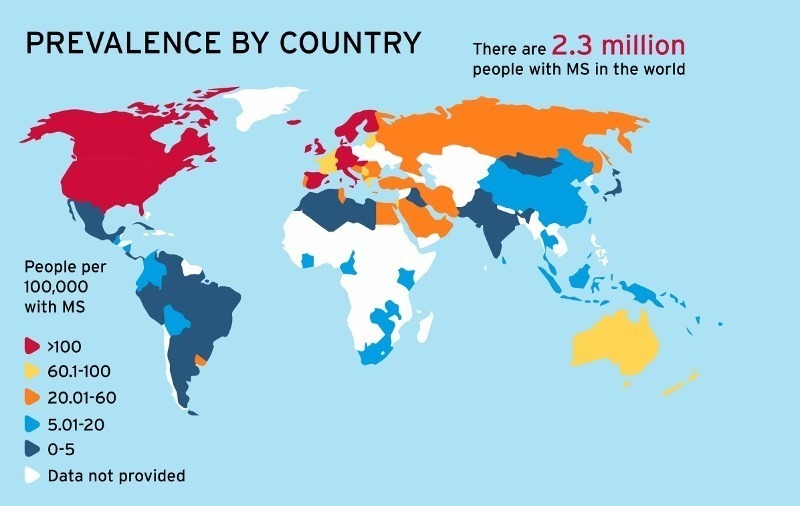Next: Scalable, medication-free relief of cognitive symptoms related to Multiple Sclerosis (MS)

———-
“Cognitive impairment is one of the core symptoms of multiple sclerosis (MS)—and one of its most troubling concerns for many people with the condition. Now, a new study from NYU Langone Medical Center may provide hope for symptomatic relief for some of the cognitive issues associated with the neurological disease.
In a randomized controlled trial, people with MS who used a computer-based cognitive remediation training program at home for 12 weeks had significantly higher cognitive test scores than those who used a placebo computer program…“Many patients with MS don’t have the time or resources to get to the clinic several times a week for cognitive remediation, and this research shows remotely-supervised cognitive training can be successfully provided to individuals with MS from home,” says senior study author Lauren B. Krupp, MD, professor of neurology and director of the Multiple Sclerosis Comprehensive Care Center. “Future studies will look at which patients with MS might respond most to cognitive remediation, and whether these improvements can be enhanced or sustained over longer periods of time.”
Poster: An Adaptive Computer-Based Cognitive Training Program Improves Cognitive Functioning in Adults with Multiple Sclerosis (MS): Results of a Double-Blind Randomized Active-Placebo-Controlled 12-Week Trial (presented at 2016 AAN meeting). From the abstract:
- Objective: We compared the cognitive benefits of an adaptive cognitive training program to ordinary computer games in cognitively-impaired adults with multiple sclerosis (MS).
- Background: Cognitive impairment affects more than half of all individuals living with multiple sclerosis (MS). Despite its longstanding recognition, treatment options remain limited. Computer-based adaptive cognitive training programs provide intensive remediation that adjusts to the individual user’s level of performance in real-time for consistent levels of engagement and effort. As an additional benefit, training can be accessed from home.
- Results: The groups were balanced in age (mean=50 years), disability (median EDSS=3.5), or baseline cognitive functioning (mean Symbol Digit Modalities Test z‑score=-2.1). Despite higher playing time in the placebo condition (53.2 ± 31.0 vs. 42.0 ±30.4 hours played, p=0.04), change in the composite z‑score from baseline to study end showed that the adaptive training program resulted in significantly greater improvement in cognitive functioning (change in composite z score 0.20±0.36 vs. 0.05±0.31, p=0.02 from stratified non-parametric test), with marked treatment response observed in some individuals.
- Conclusions: Adaptive, computer-based cognitive remediation can lead to improved cognitive functioning in MS.
To learn more:


